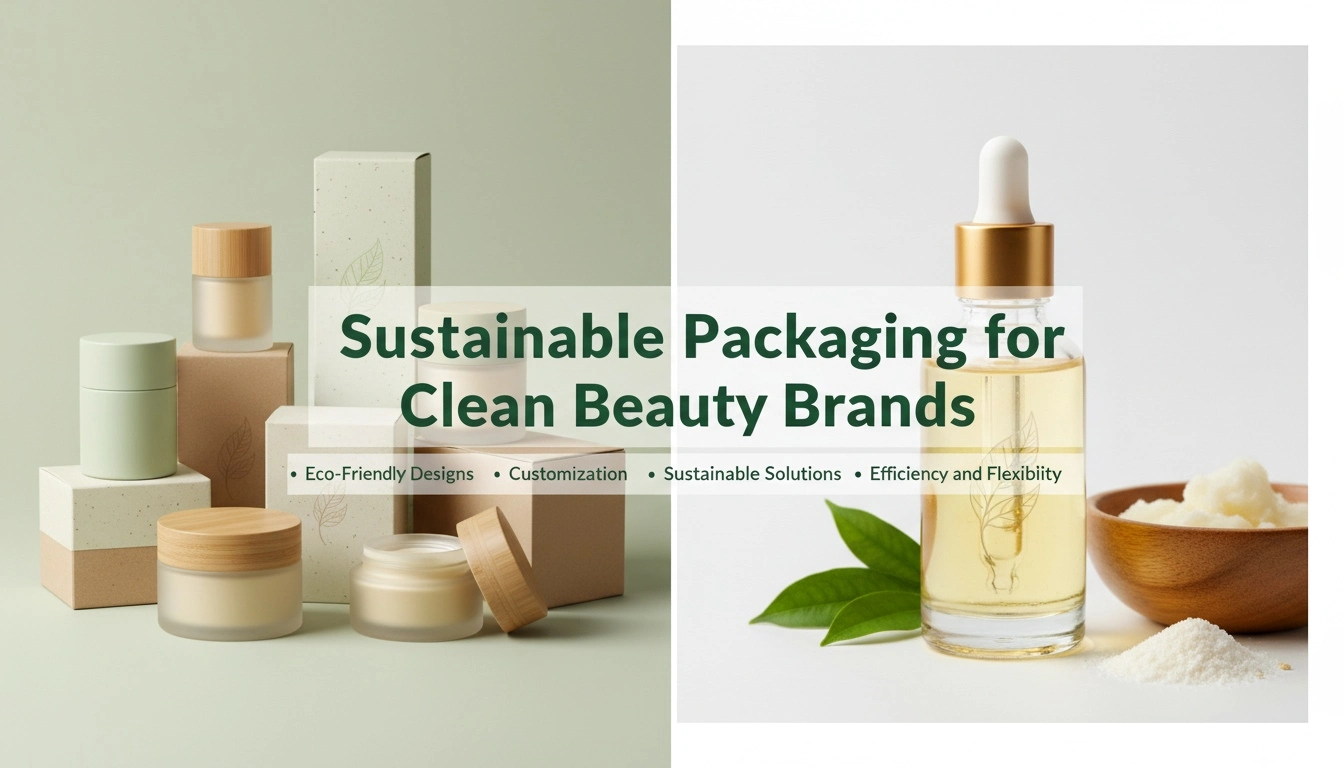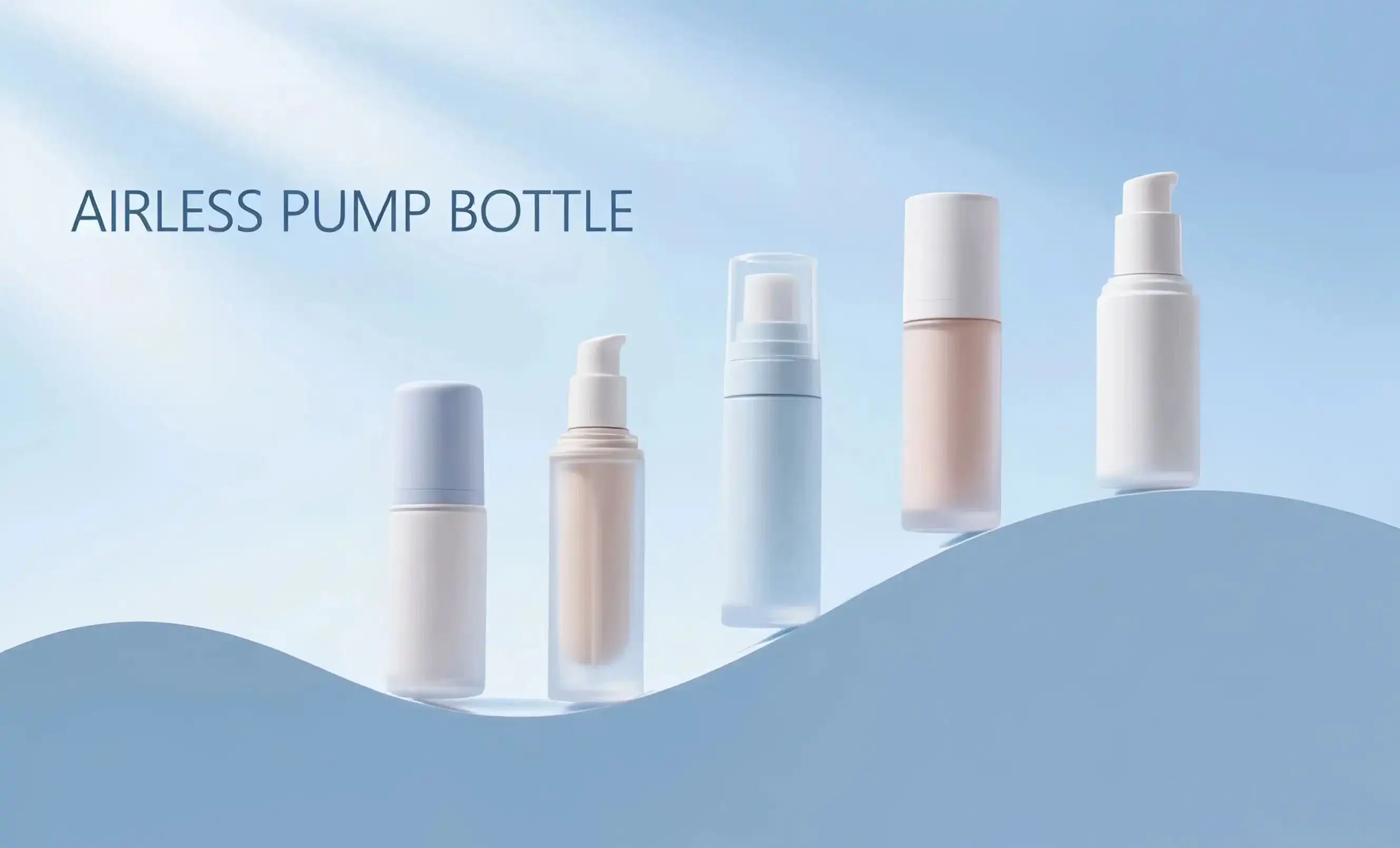Free Radicals: The Culprits Behind Skin Aging
Unstable chemicals called free radicals are at the center of oxidation and may do serious harm to the skin's cells. Because they lack an electron, these molecules are very reactive. Free radicals may cause damage to DNA, proteins, and lipids in cells when they grab electrons from other molecules in their pursuit of stability.
Sources of Free Radicals
Free radicals can be generated from various sources, both internal and external:
- UV radiation from sun exposure
- Air pollution
- Smoking
- Stress
- Poor diet
- Normal metabolic processes
When our skin is exposed to these factors, it can lead to an increase in free radical production, overwhelming our body's natural defense mechanisms.
The Impact on Skin Health
Free radicals may cause harm in several ways:
- Deterioration of collagen and elastin causes skin to lose its elasticity and creases.
- Problems with uneven skin tone and hyperpigmentation
- Irritation and flushing
- Skin barrier function compromised
- Enhanced vulnerability to environmental hazards
Understanding these effects underscores the importance of implementing effective skincare preservation strategies to protect against oxidative damage.

Antioxidants: Your Skin's Natural Defense System
Preventing oxidative stress on the skin is an important function of antioxidants. To protect our cells from free radical harm, these potent chemicals neutralize them. To fortify our skin's defensive system, we may take antioxidant supplements or use the ones our bodies make.
Topfeelpack's Innovative Solutions for Antioxidant Preservation
Antioxidants are essential in skincare, and Topfeelpack has created innovative packaging methods to keep compositions high in antioxidants effective for longer. By reducing the amount of time that products are exposed to air, their airless bottles help to prolong the stability and efficacy of compounds that are sensitive to air.
Key Antioxidants in Skincare
Some of the most effective antioxidants used in skincare include:
- Vitamin C: A powerful antioxidant that brightens skin and boosts collagen production
- Vitamin E: Helps protect cell membranes and works synergistically with vitamin C
- Niacinamide: Improves skin barrier function and reduces inflammation
- Resveratrol: A potent antioxidant found in grapes and berries
- Green tea extract: Rich in polyphenols that protect against UV damage
Incorporating products with these antioxidants into your skincare routine can significantly enhance your skin's ability to combat oxidative stress and provide oxidation protection.
4 Effective Strategies to Combat Oxidative Stress
Protecting your skin from oxidative damage requires a multi-faceted approach. Here are four strategies that can help you maintain healthy, radiant skin:
1. Sun Protection
UV radiation is one of the primary sources of free radicals. Protect your skin by:
- Applying a broad-spectrum sunscreen with at least SPF 30 daily
- Wearing protective clothing and seeking shade during peak sun hours
- Using antioxidant-rich products to boost your skin's natural UV defense
2. Antioxidant-Rich Skincare Routine
Incorporate antioxidant-rich products into your daily skincare regimen:
- Use a vitamin C serum in the morning to protect against environmental stressors
- Apply a niacinamide-containing moisturizer to support skin barrier function
- Consider using retinol at night to promote cell turnover and boost collagen production
3. Healthy Lifestyle Choices
Support your skin's health from the inside out:
- Eat a diet rich in fruits, vegetables, and omega-3 fatty acids
- Stay hydrated by drinking plenty of water
- Get adequate sleep to allow your skin to repair and regenerate
- Manage stress through relaxation techniques or exercise
4. Choose Skincare Products Wisely
Select products that are formulated and packaged to maintain their efficacy and provide oxidation protection:
- Look for stable forms of antioxidants in product formulations
- Opt for packaging that minimizes air exposure, such as airless pumps or opaque bottles
- Store products in a cool, dark place to prevent degradation
Topfeelpack: Pioneering Oxidation Protection in Skincare Packaging
Using Topfeelpack's innovative airless bottle technology, your skincare products will remain effective for a longer period of time. These containers keep your items functional throughout their use by limiting air exposure, which maintains the stability of sensitive compounds.
You may greatly improve your skin's defenses against free radical damage and keep it looking young by following these steps and using products with an emphasis on oxidation protection.
Conclusion
By diving into the science of oxidation in skincare, we can defend our skin from hurt and untimely maturing. You may effectively check oxidative push and protect solid, gleaming skin by counting cancer prevention agents into your skincare regimen, shielding your skin from the sun, embracing great lifestyle choices, and utilizing skincare conservation items.
Ideal item conservation is our to begin with need at Topfeelpack, which is why we give state-of-the-art bundling arrangements to skincare, cosmetics, and makeup firms. Avoiding discuss introduction, our state-of-the-art airless bottles give oxidation protection, permitting your equations to hold their viability and drag out their rack life. When you work with Topfeelpack, you'll have an amazing accomplice in making feasible, high-quality skincare items that stand out from the competition much obliged to our rapid customisation capabilities, reasonable estimating, and devotion to supportability.
Ready to take your skincare products to the next level? Contact Topfeelpack today at pack@topfeelgroup.com to learn more about our innovative packaging solutions and how we can support your brand's growth and success.
References
1. Rinnerthaler, M., et al. (2015). Oxidative stress in aging human skin. Biomolecules, 5(2), 545-589.
2. Pandel, R., et al. (2013). Skin photoaging and the role of antioxidants in its prevention. ISRN dermatology, 2013.
3. Addor, F. A. S. (2017). Antioxidants in dermatology. Anais brasileiros de dermatologia, 92, 356-362.
4. Chen, L., et al. (2012). Oxidative stress: a possible mechanism for the negative effects of cosmetic product ingredients. Toxicology Research, 1(3), 137-144.
5. Ganceviciene, R., et al. (2012). Skin anti-aging strategies. Dermato-endocrinology, 4(3), 308-319.
6. Lorencini, M., et al. (2014). Active ingredients against human epidermal aging. Ageing research reviews, 15, 100-115.

 - 副本_1745399213966.webp)

_1747827716538.webp)

